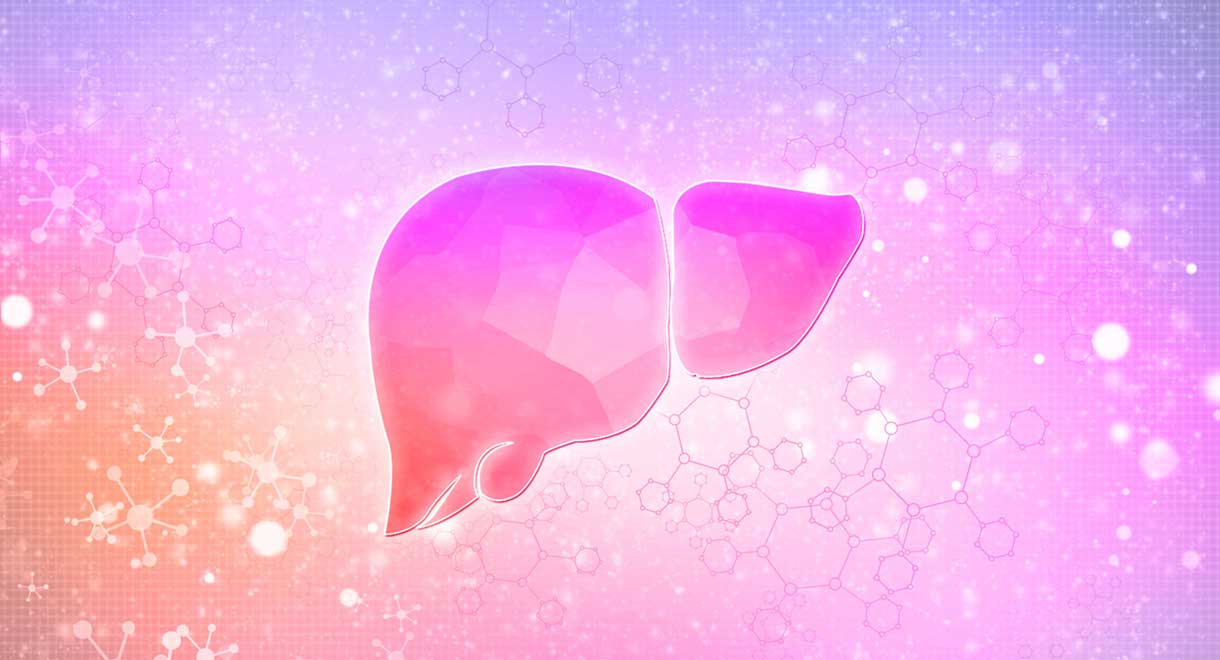Focal Nodular Hyperplasia
Follicular nodular hyperplasia (FNH) is a tumor of the liver and is the second most common benign tumor of the liver after the liver tumor known as hemangioma. Follicular Nodular Hyperplasia can also be known as Focal Nodular Hyperplasia.
FNH does not turn into liver cancer and generally it does not grow in size, spread or bleed, and in most people it does not produce any symptoms. FNH is more common in women.
 In the tumor there is a central scar seen in 60–70% of cases. When examined under a microscope the doctor can see a proliferation of liver cells, tiny bile ducts and malformed blood vessels within the fibrous scar. Rarely, the tumors can be multiple or can occur as part of a syndrome with liver hemangiomas, liver adenomas and vascular malformations of the brain or brain tumors.
In the tumor there is a central scar seen in 60–70% of cases. When examined under a microscope the doctor can see a proliferation of liver cells, tiny bile ducts and malformed blood vessels within the fibrous scar. Rarely, the tumors can be multiple or can occur as part of a syndrome with liver hemangiomas, liver adenomas and vascular malformations of the brain or brain tumors.
Diagnosis of follicular nodular hyperplasia (FNH)
With modern imaging and scanning techniques FNH is now easily diagnosed.
Although FNH tumors are benign, it can sometimes be hard to tell them apart from true liver cancers. The main difficulty in management of FNH, is the difficulty in differentiating it from liver adenoma and liver cancer.
Magnetic Resonance Imaging (MRI) scans of the liver are the best imaging technique to diagnose FNH accurately. Multi-phasic CAT scans can also diagnose FNH, but unlike MRI scans they do expose the patient to radiation. The central scar is the characteristic sign of FNH. The only differential diagnosis in a lesion with a central scar to be considered is fibrolamellar cancer of the liver. If the central scar cannot be visualized, differentiation from adenoma can be difficult.

Lack of symptoms, normal liver enzymes and no prior use of oral estrogen containing contraceptives make FNH more likely than adenoma. If the differentiation with adenoma cannot be made, open biopsy may be performed; if FNH is confirmed, no resection of the liver is necessary. In FNH, low dose estrogens can be continued and pregnancies without difficulties have been reported, although it may be wise to use a form of contraception that does not contain estrogen.
Cause of follicular nodular hyperplasia
It is thought that Follicular Nodular Hyperplasia is due to vascular accidents such as hemorrhages or clots in tiny blood vessels in the liver. Because FNH is more common in women it is thought that estrogens may promote its development. Inflammation in the liver may also play a role in its development.
Treatment of follicular nodular hyperplasia
The tumors can sometimes disappear without any treatment. FNH does not require surgical removal. It is important to follow a healthy diet and lifestyle to avoid excess inflammation in the liver. Avoid excess alcohol and foods high in sugar. If you have a high carbohydrate diet and/or are overweight, you will have higher levels of the hormone insulin in your body. Insulin is a growth promoting hormone and may stimulate the tumor to grow. A low carbohydrate diet reduces insulin levels and this is desirable.
A good liver tonic such as Livatone Plus should be taken in a dose of 2 capsules twice daily. You can also take extra N-Acetyl-Cysteine (NAC) 600mg capsules, in a dose of 2 capsules daily to help shrink the tumor and reduce liver inflammation.
If you are overweight, it is important to follow a low carbohydrate eating plan as fatty liver will worsen Follicular Nodular Hyperplasia.
Conclusion
Liver disease is serious and requires treatment and regular monitoring by a liver specialist.
A liver specialist is known as a hepatologist and you need to be referred by your family doctor or general practitioner. Over nearly 40 years of practicing medicine, I have seen many patients develop severe liver disease, which sadly could have been prevented by early detection and early referral to a hepatologist. There needs to be more awareness of liver disease so that patients can be treated early so that we can prevent cirrhosis, liver failure and liver cancer. Make sure you have your liver function checked annually with a blood test.
I have presented my ideas on how to help those with liver diseases using nutritional medicine, which I have been using for many years with good success rates. However, my recommendations do not replace the care of your own doctor and you should remain under the care of your own doctor whilst using nutritional therapies.
If you have any questions you may contact my naturopath, Christine, on 623 333232 or email us at support@liverdoctor.com
The above statements have not been evaluated by the FDA and are not intended to diagnose, treat or cure any disease.


Leave A Comment